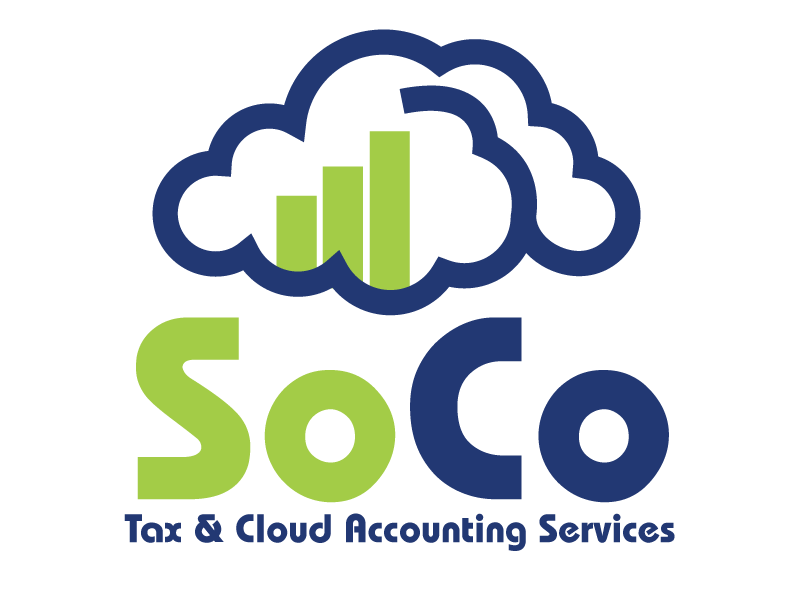Small Business Tax Writeoffs
When it comes to filing taxes, it’s important to know which are directly related to business expenses. All ordinary and necessary expenses that are required to run your small business can be tax deductible, according to the IRS.
Here are some items that count as write-offs:
Business Operations
This goes for utilities, office rent, advertising, marketing, office supplies, cleaning supplies, cleaning service, and internet. All of these things may be deemed necessary when running a successful business and therefore can be written off. Don’t forget that if you are traveling on a business trip, you can deduct this too although local commuting is general non-deductible.
Finances
This entails bank charges, and business insurance premiums. For taxes, you may deduct state and local sales tax that you charge on goods and services, licenses and regulatory fees on real estate and personal property, and some employer taxes, like FICA, FUTA, and state unemployment taxes.
Health Insurance
Your health insurance is fully deductible if your business is profitable. This also includes payments for COBRA if you leave an employer. Make sure to note that you may claim a tax credit for up to 50% of the premiums, which is actually a better tax break than a deduction. You should also note that the premiums of health coverage for self-employed individuals and more-than-2% S corporation shareholders are deducted on the owner’s personal tax return.
Equipment
This includes general office expenses such as business vehicles and furniture. This also includes the depreciation value of the equipment.
Social Security Payments
If you are self employed, half of your payment amount can be deducted.
Charitable Contributions
This goes for annual donations to charity. The IRS grants these tax deductions for those willing to share their good fortunes with those who are in need.
The SoCo Tax and Cloud Accounting team can help ensure you are claiming all the tax deductions you are eligible for. By clarifying what write-offs you qualify for, you can avoid IRS audits and other liabilities. With assistance from our organized accountants and tax pros, we can help you minimize stress.
Source: https://quickbooks.intuit.com/r/taxes/understanding-business-tax-write-offs/
